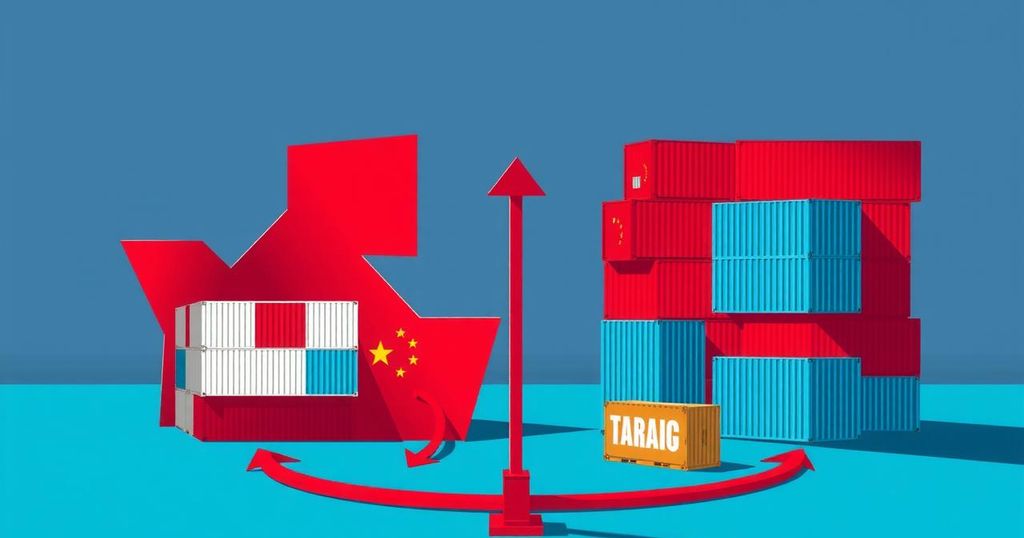Politics
AND TECHNOLOGY, ANTHROPOLOGY, ASIA, CARLOS DUARTE, CATALAN INSTITUTE FOR WATER RESEARCH, CHINA, CITIZENSHIP, CL, CLARIVATE, DAM, DAMIÀ BARCEL, DAVID PENDLEBURY, EUROPE, FERNANDO MAESTRE, GIRONA, KING ABDULLAH UNIVERSITY OF SCIENCE AND TECHNOLOGY, OF HIGHLY CITED RESEARCHERS, SAUDI ARABIA, SHANGHAI, SPAIN, SUSTAINABLE DEVELOPMENT, THUWAL, VISION 2030, WORKFORCE
Omar El-Sharif
Significant Decline in Falsely Claimed Academic Affiliations in Saudi Arabia
The number of scientists falsely claiming to work in Saudi Arabia has decreased by 76% after revelations of financial incentives to boost the international rankings of Saudi institutions. Previously, these researchers were compensated as much as €70,000 annually for misrepresentation, causing significant drops in the number of highly cited researchers associated with these universities. This scandal led to greater scrutiny of academic integrity and practices across global research.
The recent unveiling of a scheme reveal that numerous prominent researchers have been falsely claiming affiliation with Saudi universities in exchange for substantial compensation. Following the exposure, the number of highly cited scientists purporting to work in Saudi Arabia has decreased by 76% within a year, primarily due to the cash incentives—amounting to €70,000 annually—offered to enhance the global academic standings of Saudi institutions. Scientists, such as chemist Damià Barceló, were notably implicated, having falsely reported King Saud University as their primary affiliation while their actual employment lay elsewhere, specifically in institutions in Spain.
The fallout from this scandal, initially reported by EL PAÍS, has resulted in a significant revision of the List of Highly Cited Researchers organized by Clarivate, reflecting a decline in Saudi Arabia’s representation. Initially boasting 109 professors, the number has plunged to 76, with only 26 remaining on the list after the latest review published in November. This shift highlights not only the deceptive practices previously overlooked but also indicates a broader integrity issue within academic research.
The involvement of prominent institutions in Saudi Arabia seeking to inflate their rankings has drawn global scrutiny. In a decade, 210 highly cited scholars from various countries, including China and Spain, inaccurately reported their primary employment as Saudi universities. Consequently, these findings have encouraged stricter compliance measures among academic institutions and organizations like Clarivate in an effort to uphold research integrity. Furthermore, the repercussions have extended beyond individual researchers, affecting the global academic standing of affiliated universities.
The influence of this scandal has led to significant disciplinary actions, including a notable case of Rafael Luque, a chemist suspended from the University of Córdoba for making false claims regarding his employment. Such revelations have prompted widespread outrage and have raised awareness regarding the integrity of academic rankings, illustrating the link between fraudulent practices and institutional credibility. The ongoing investigation serves as a pivotal moment in reevaluating how academic affiliations impact university standings on the global stage.
In response to these challenges, the 2024 iteration of the List of Highly Cited Researchers showcases the evolving landscape of academic credibility, with an increased emphasis on questioning previously established practices of citation and affiliation. The academic community is thus faced with an imperative to reassess how rankings are achieved and to promote rigorous standards of honesty moving forward. The decrease in Saudi-affiliated scientists serves as a cautionary tale, compelling institutions globally to uphold ethical standards in pursuit of academic excellence.
The investigation into fraudulent claims of affiliation with Saudi universities has unveiled a troubling trend of researchers misrepresenting their employment to enhance the international rankings of these institutions. By compensating scientists generously, Saudi Arabia sought to elevate its academic profile on global platforms, such as the Shanghai Ranking. However, the subsequent exposure of these practices led to a dramatic decrease in the number of falsely associated researchers. The resulting fallout has prompted a significant reevaluation of how academic merit is assessed and emphasized the need for integrity in research practices across the globe.
In summary, the deceptive claims by numerous researchers regarding their affiliations with Saudi Arabian universities have been largely curtailed following a significant exposé. While this decrease reflects positively on the integrity of research practices moving forward, it simultaneously underscores the impact of unethical practices in academic rankings. The ramifications of this scandal will likely resonate throughout the academic community, prompting continued scrutiny and discussions surrounding ethical standards and the credibility of research evaluations.
Original Source: english.elpais.com







Post Comment